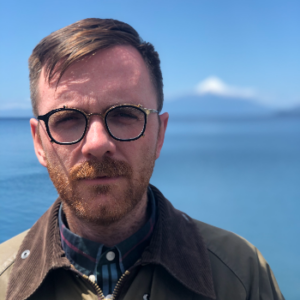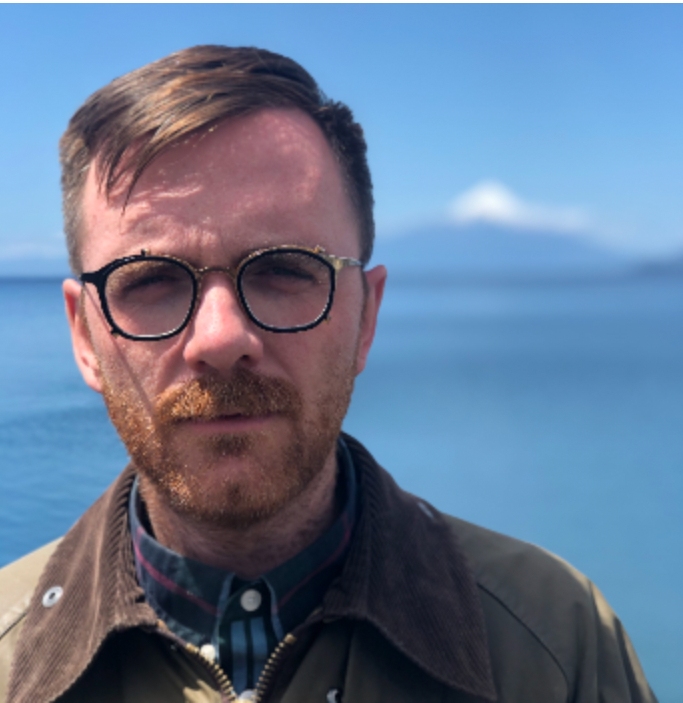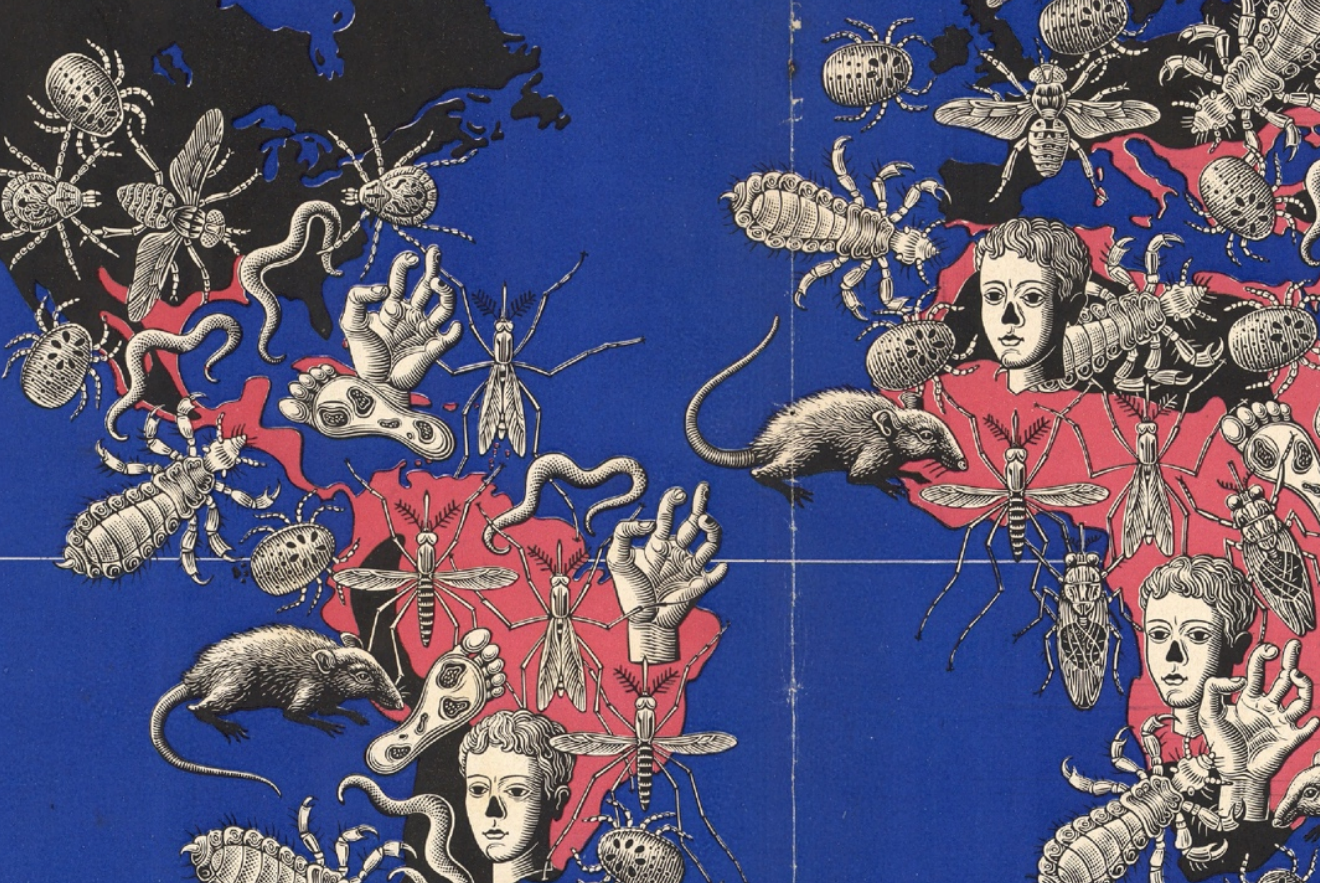Director of Undergraduate Research and Scholarship: Timothy Newfield, Ph.D.

Timothy Newfield, Ph.D., is a historical epidemiologist, environmental historian, and Professor in the Departments of History and Biology. As a historian of disease, he studies how humans have manipulated the environment in ways that have been conducive to disease emergencies in interdisciplinary teams which include archaeologists, paleogenomicists, evolutionary biologists and other specialists in the sciences of the past.
This interdisciplinary research has allowed Newfield and the interdisciplinary teams he is part of to expand the ways in which knowledge is produced and used in each field and the nature of the fields themselves. Thus, the sciences of the human past allow them to identify proxies, independent of the written sources, that can provide a less biased account of what happened, about for instance the origins, spread and impact of historical disease events. Interdisciplinary dialogue ensures that data are properly framed and contextualized and that research projects serve a purpose now, and produce data that we need or that can answer the questions that we have.
His papers have appeared in Agricultural History Review, Annales, Argos, Climatic Change, Climate of the Past, Early Medieval Europe, Euro-Mediterranean Journal for Environmental Integration, Geology, History Compass, Journal of Interdisciplinary History, Journal of Roman Archaeology, Journal of Volcanology and Geothermal Research, Medizinhistorisches Journal, Nature, Nature Ecology and Evolution, Post-Classical Archaeologies, Proceedings of the National Academy of Sciences, Royal Society Open Society, Social Science and Medicine, and in edited volumes.
Featured media, scholarship, and events
News
In the Press, Media, Media and Scholarship
Georgetown Awards 3 Early-Stage Associate Professors with New $100K Research Fund
Dr. Timothy Newfield, a historical epidemiologist with joint appointments in the History and Biology departments was named one of the inaugural recipients of Georgetown University’s new Magis…
January 17, 2026
In the Press, Media, Media and Scholarship
Georgetown Historian Awarded €10 Million to Solve Enduring Mystery of the Black Death
Dr. Timothy Newfield and an international interdisciplinary team have been awarded a prestigious Synergy Grant from the European Research Council, totaling €10 million to investigate one of…
January 17, 2026
Past events
Epidemics, Broadening, and Redefining Opium & Plague
The Medical Humanities Initiative co-hosted this event with the Global Medieval Studies Program. This event featured papers by Professors Steffen Rimner and Lee…
March 20, 2024



